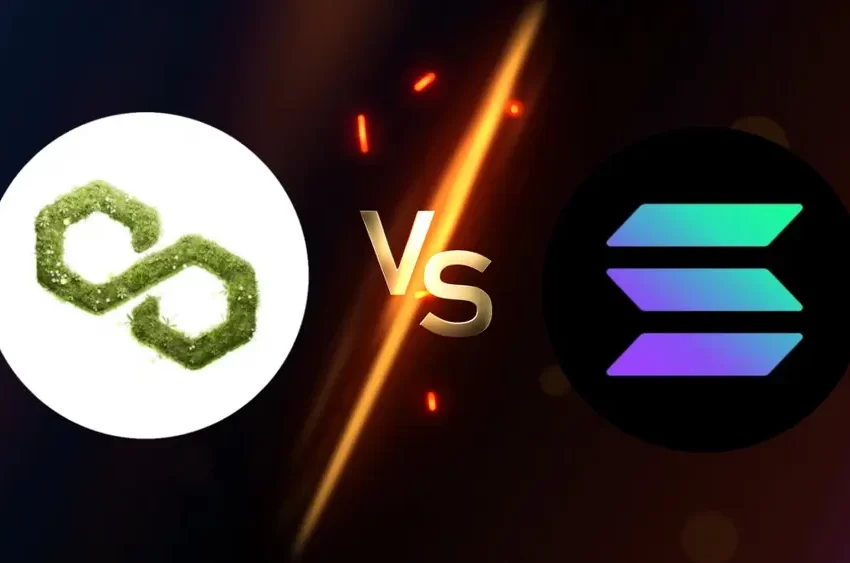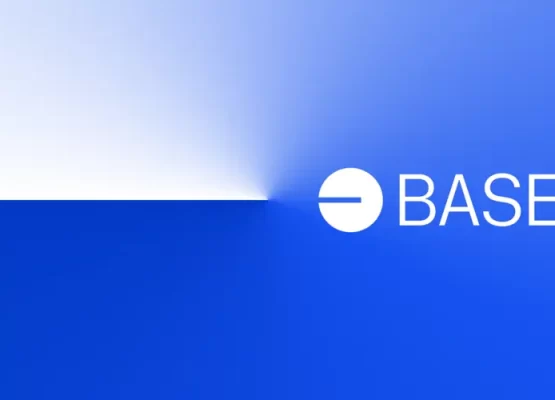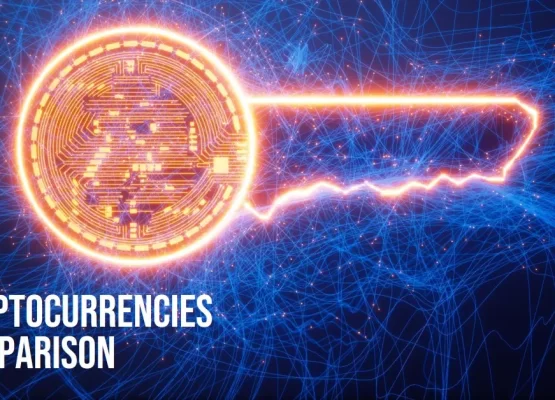Blockchain technology has revolutionized the way we think about transactions, data storage, and security. However, with so many different blockchain platforms available, it can be challenging to know which one to choose. In this article, we will explore the key features, advantages, and potential drawbacks of two popular blockchains, Polygon and Solana, to help you make an informed decision.
Introduction
Blockchain technology is a distributed ledger that records transactions in a secure and transparent manner. It eliminates the need for intermediaries and allows for peer-to-peer transactions. Choosing the right blockchain is essential to ensuring that your transactions are fast, secure, and cost-effective. Polygon and Solana are two popular blockchain platforms that offer unique features and benefits.
Polygon
Polygon is an Ethereum scaling solution that aims to provide faster and cheaper transactions. It achieves this by using a network of sidechains that are compatible with the Ethereum Virtual Machine (EVM). Polygon was formerly known as Matic Network and rebranded in February 2021. Some of the key features and advantages of Polygon include:
High Scalability
Polygon can process up to 65,000 transactions per second, which is significantly higher than Ethereum’s maximum of 15 transactions per second. This high scalability makes Polygon an ideal choice for decentralized applications (dApps) that require high transaction throughput.
Low Transaction Fees
Polygon’s low transaction fees are another significant advantage. Transaction fees on Polygon are significantly lower than on Ethereum, making it an affordable choice for small transactions.
Interoperability
Polygon is compatible with the Ethereum network, which means that dApps built on Ethereum can easily migrate to Polygon without any significant changes to the codebase. This interoperability makes Polygon an attractive option for developers who want to build on a scalable and affordable platform.
However, Polygon has some potential drawbacks that users should be aware of:
Centralization Concerns
Some users have expressed concern over Polygon’s centralization. Polygon uses a network of validators to confirm transactions, which means that it is not fully decentralized. However, Polygon’s team has stated that they are working towards increasing decentralization.
Security Risks
As with any blockchain platform, there is always the risk of security breaches. While Polygon’s security has not been compromised to date, users should still be cautious and ensure that they follow best practices to secure their transactions.
Solana
Solana is a high-performance blockchain platform that uses a unique consensus algorithm called Proof of History (PoH) to achieve fast transaction speeds. Solana was launched in March 2020 and has gained popularity due to its high scalability and low transaction fees. Some of the key features and advantages of Solana include:
High Speed and Scalability
Solana can process up to 65,000 transactions per second, which is comparable to Polygon. Solana achieves this high throughput by using PoH, which allows validators to pre-determine the order of transactions, thereby reducing the time required for confirmation.
Low Transaction Fees
Solana’s transaction fees are significantly lower than on other blockchain platforms, including Ethereum. This affordability makes Solana an attractive choice for small transactions.
Robust Ecosystem
Solana has a thriving ecosystem of developers, investors, and entrepreneurs, which has led to the creation of numerous dApps and projects. This robust ecosystem makes Solana an ideal platform for developers who want to build on a fast and affordable blockchain.
However, Solana also has some potential drawbacks that users should be aware of:
Limited Decentralization
- Like Polygon, Solana is not fully decentralized, which may be a concern for some users. Solana uses a network of validators to confirm transactions, which means that it is not entirely trustless. However, Solana’s team has stated that they are working towards increasing decentralization.
- Technical Complexity
- Solana’s unique consensus algorithm, PoH, requires specialized knowledge to implement and maintain. This technical complexity may be a barrier for some developers who want to build on the platform.
Comparison between Polygon and Solana
When choosing between Polygon and Solana, there are several factors to consider. Here’s a comparison of the two blockchain platforms based on some key criteria:
Scalability
Both Polygon and Solana offer high scalability, with the ability to process up to 65,000 transactions per second.
Transaction Fees
Both Polygon and Solana offer low transaction fees, making them an affordable choice for small transactions.
Interoperability
Polygon is compatible with the Ethereum network, while Solana is not. This interoperability makes it easier for developers to migrate their dApps from Ethereum to Polygon.
Security and Decentralization
Both Polygon and Solana use a network of validators to confirm transactions, which means that they are not fully decentralized. However, both platforms are secure, and their teams are working towards increasing decentralization.
Ease of Use
Polygon is relatively easy to use, with a user-friendly interface and straightforward developer tools. Solana, on the other hand, requires specialized knowledge to implement and maintain due to its technical complexity.
Conclusion
Choosing the right blockchain platform depends on your specific needs and requirements. Both Polygon and Solana offer unique features and advantages, and it’s up to you to decide which platform is the best fit for your project. When making your decision, consider factors such as scalability, transaction fees, interoperability, security, decentralization, and ease of use. By doing so, you can ensure that you choose a blockchain platform that meets your needs and helps you achieve your goals.




